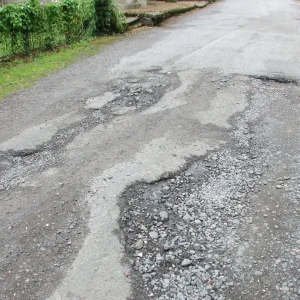Specific mpg tests should be introduced for electric vans to determine their range capacity, according to industry consultant Gary Whittam.
Speaking at the Van Excellence conference, Whittam also called for electric van makers to be honest about the range capabilities of their vehicles and admitted the industry would hesitate to adopt plug-in LCVs until battery technology has advanced sufficiently to guarantee a range of at least 100 miles for a fully loaded van.
He said predictions based on cars were not realistic for cargo-laden LCVs and outlined a number of changes needed for electric vans to gain a real foothold in the market.
He said operators require “residual value certainty” to invest in EVs and called for government support as well as demanding charging infrastructures to reflect LCV and not car usage.
“Vans can be charged overnight, not on the high street for two hours during the day,” he said.
He also predicted the take-up of plug-in vans would increase if the price of diesel reaches £1.65 per litre and when TfL raises the capital’s congestion charge to £25 a day.
Whittam pointed out short route vehicles are the least fuel-efficient and said operators should ask themselves: “How many vans do I have doing less than 100 miles a day?”
He argued that developing electric powertrains for the commercial vehicle rather than the passenger car sector makes more sense “because of the set, short routes of some operators”.
He said: “Diesel engines will develop but will not keep pace with the cost of fuel,” and predicted that within 10 years 30% of the UK’s vans will be electric.
Whittam claimed that over the past 10 years the fuel economy of the average 2.0-tonne, 125hp diesel van had improved from 31mpg to 38mpg but said this should be set against the rise in the cost of diesel from 75p to £1.45.





